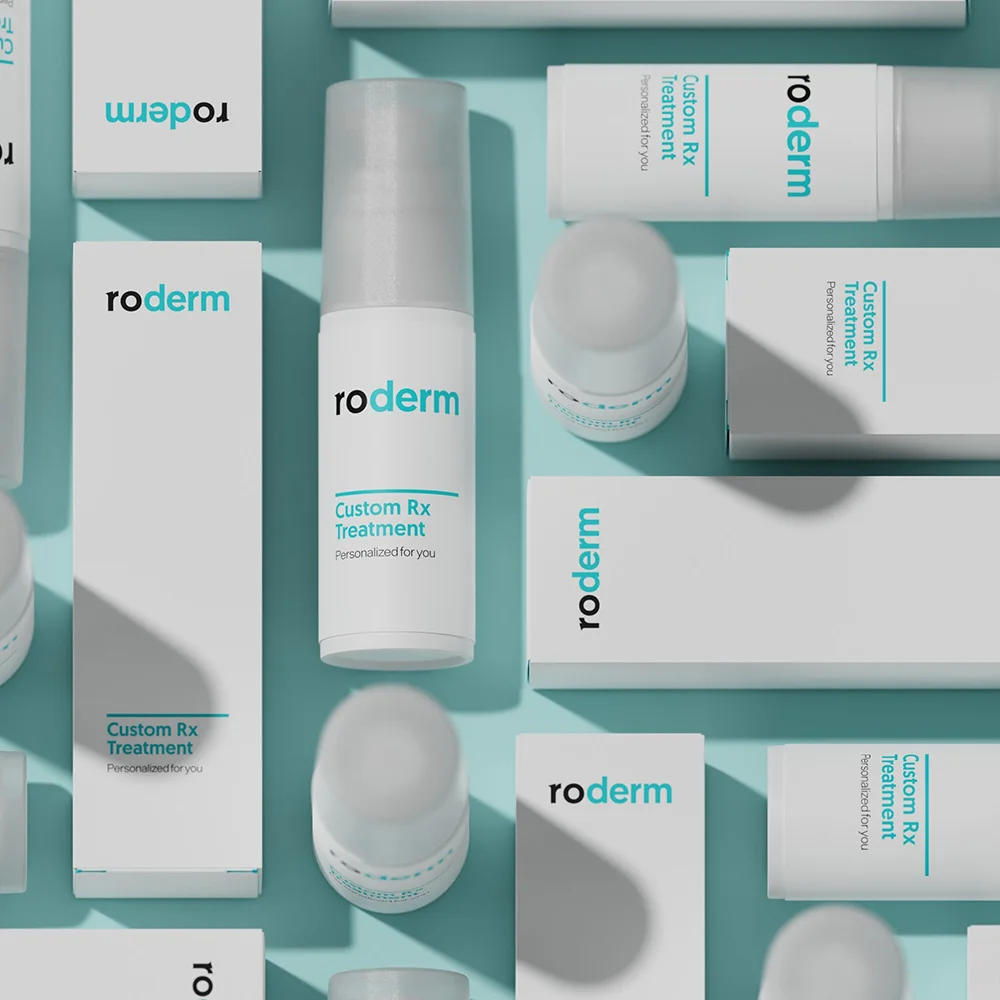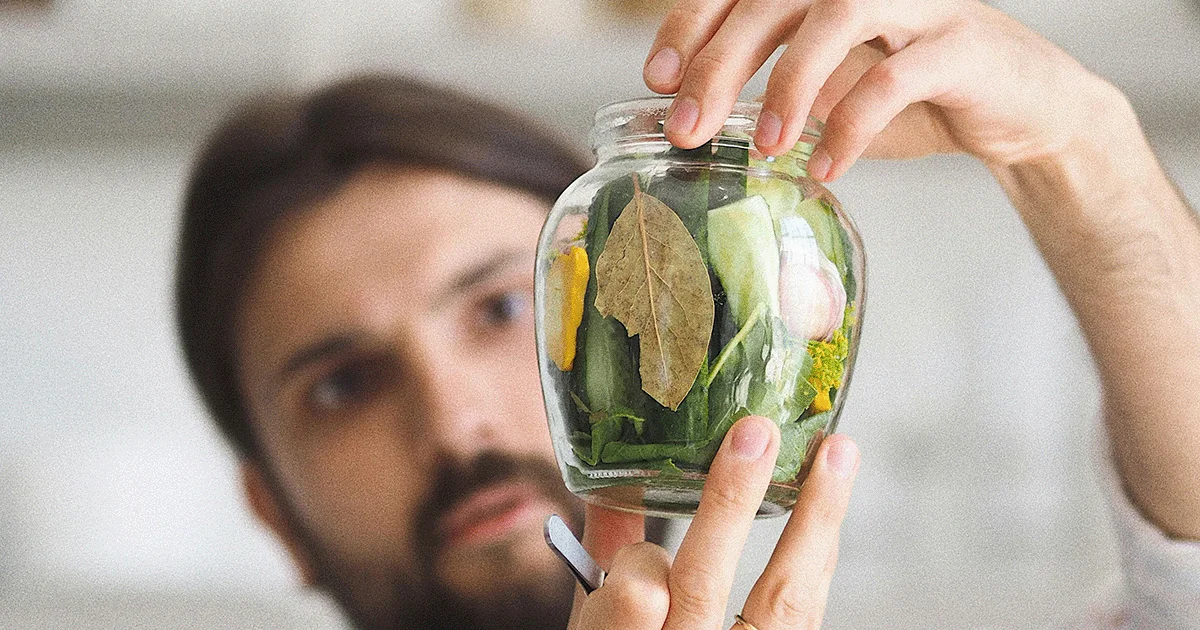Here's what we'll cover
Here's what we'll cover
Natrol Biotin is a popular option among people looking for biotin. Natrol promotes their supplement as a beauty booster that can support your hair, skin, and nails. But does it actually work?
Research has shown that a biotin deficiency is associated with brittle hair and nails, making it a seemingly obvious choice to add to your routine. But before you hop on board the biotin bus, keep in mind that it's unlikely to have a noticeable effect if you don’t have a biotin deficiency.
Most people get enough biotin from their diet by eating foods like egg yolks, nuts, legumes, and mushrooms. The bacteria in our digestive systems produce plenty of biotin as well. Supplements are available for people with deficiencies, although a lack of biotin is rare in the United States.
What is biotin?
Biotin, also known as vitamin H or vitamin B7, is an important nutrient that helps break down food and convert it into energy.
In rare instances of severe biotin deficiency, people experience brittle hair and nails, as well as facial rashes. While supplements are essential for those deficient in biotin, taking them to improve hair and nails isn't likely to do much.
While deficiencies are rare, certain genetic diseases can cause one. Some circumstances can increase your chances of developing a biotin deficiency later in life (Patel, 2017).
For example, consuming a lot of egg whites can reduce biotin levels in your body. That’s because egg whites contain a chemical that binds to biotin in your digestive system and prevents it from being absorbed by the body.
There are also digestive diseases that prevent your body from absorbing nutrients properly, resulting in low biotin levels. Excessive alcohol consumption is also linked to low levels (Soleymani, 2017).
Are Natrol Biotin supplements effective?
There aren’t scientific studies that examine Natrol products in particular, but some research shows that biotin supplements can contribute to stronger hair growth in people with a deficiency.
And while Natrol biotin has some favorable reviews online, there’s no specific evidence that the brand is better than others or has a specific benefit in people without a deficiency.
How much biotin do I need daily?
The daily recommended amount of biotin for adults 19 and older is 30 mcg, according to the National Institutes of Health (NIH). The recommended amount for people pregnant or breastfeeding is 35 mcg (NIH, 2020a).
Biotin deficiencies aren't common, but do happen. If your hair and nails are brittle or you develop a face rash, the first step is to get evaluated by your primary care provider. They can perform a blood test to identify if a biotin deficiency is the source of the problem.
Other conditions that can cause brittle hair or nails include:
Iron deficiency (anemia)
Eczema
Hair loss disorders like alopecia
Hormone disorders
Medications
Exposure to chemicals
How much biotin is too much?
While most biotin supplements contain hundreds of times the recommended daily allowance, it’s unlikely that you’ll get too much if you follow directions on the label.
That being said, taking biotin supplements can interfere with blood tests, including emergency tests performed to diagnose a heart attack.
Be sure to consult with your healthcare provider before starting any new supplements. Just because products are available without a prescription doesn’t make them harmless.
General guidelines for using Natrol Biotin
If you have a biotin deficiency, Natrol has fast-dissolve tablets that you place under your tongue and let dissolve. The supplement comes in a strawberry flavor and can be taken with or without water. Wait until it has completely dissolved before swallowing (Natrol Biotin, n.d.).
Alternative sources of biotin
In addition to dietary supplements, biotin can be obtained through food. Things rich in biotin include chicken, beef, liver, pork, salmon, eggs, sweet potato, mushrooms, nuts, and seeds (NIH, 2020b).
The majority of people living in the United States get enough biotin from their diet. While not harmful to try, biotin supplements might not make a huge difference if you don't already have an existing biotin deficiency.
DISCLAIMER
If you have any medical questions or concerns, please talk to your healthcare provider. The articles on Health Guide are underpinned by peer-reviewed research and information drawn from medical societies and governmental agencies. However, they are not a substitute for professional medical advice, diagnosis, or treatment.
Famenini, S., & Goh, C. (2014). Evidence for supplemental treatments in androgenetic alopecia. Journal of Drugs in Dermatology, 13 (7), 809–812. Retrieved from https://pubmed.ncbi.nlm.nih.gov/25007363/
National Institutes of Health, Office of Dietary Supplements. (2021a, January). Biotin. Retrieved February 22, 2021 from https://ods.od.nih.gov/factsheets/Biotin-Consumer/
National Institutes of Health, Office of Dietary Supplements. (2021, January). Biotin. Retrieved February 22, 2021, from https://ods.od.nih.gov/factsheets/Biotin-HealthProfessional/
Natrol. (n.d.). Biotin. Retrieved from https://www.natrol.com/collections/biotin-supplements
Patel, D. P., Swink, S. M., & Castelo-Soccio, L. (2017). A Review of the Use of Biotin for Hair Loss. Skin Appendage Disorders, 3 (3), 166–169. doi: 10.1159/000462981. Retrieved from https://www.ncbi.nlm.nih.gov/pmc/articles/PMC5582478/
Soleymani, T., Lo Sicco, K., & Shapiro, J. (2017). The Infatuation With Biotin Supplementation: Is There Truth Behind Its Rising Popularity? A Comparative Analysis of Clinical Efficacy versus Social Popularity. Journal of Drugs in Dermatology, 16 (5), 496–500. Retrieved from https://pubmed.ncbi.nlm.nih.gov/28628687/
Staggs, C. G., Sealey, W. M., McCabe, B. J., Teague, A. M., & Mock, D. M. (2004). Determination of the biotin content of select foods using accurate and sensitive HPLC/avidin binding. Journal of Food Composition and Analysis, 1 7(6), 767–776. doi: 10.1016/j.jfca.2003.09.015. Retrieved from https://www.ncbi.nlm.nih.gov/pmc/articles/PMC1450323/










